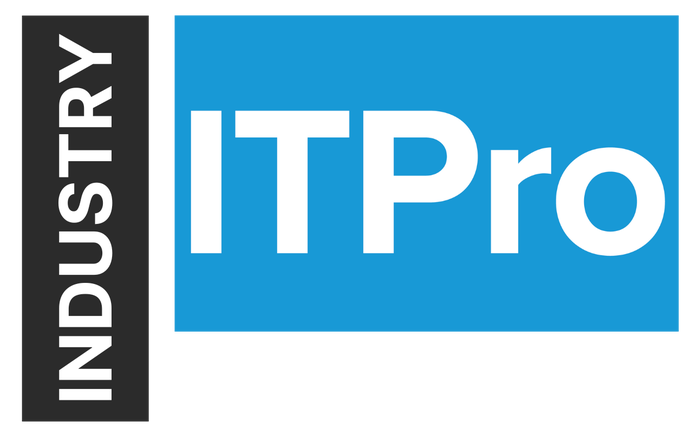
Insight and analysis on the information technology space from industry thought leaders.
Essential Planning and Implementation Strategies for AI IntegrationEssential Planning and Implementation Strategies for AI Integration
Successful AI integration requires overcoming data management, legacy system compatibility, and ethical hurdles, while ensuring compliance with regulations like GDPR and HIPAA.
October 3, 2024

By Vadim Vladimirskiy, CEO, Nerdio
Managing a complex portfolio of software applications is a growing challenge for IT teams. With organizations now juggling an average of 130 SaaS applications, issues like data silos, inconsistent formats, and compliance with ethical and regulatory standards are widespread.
The added pressures of remote work and Desktop as a Service (DaaS) create additional challenges for IT teams, as they must manage remote infrastructure, ensure security, and maintain performance at scale. These factors can strain both the resources and operational capacity of an organization.
IT leaders have an opportunity to leverage AI-powered solutions to tackle these challenges. However, while AI can help manage data, streamline operations, automate routine tasks, and strengthen security, it introduces an entirely new set of ethical and operational hurdles.
The Growing Complexity of SaaS Management and AI Integration
While AI can simplify IT operations, organizations must first navigate several obstacles. A primary issue involves access to high-quality data. Data silos, inconsistent formats, and privacy concerns can undermine AI's ability to provide accurate insights and reliable automation.
Optimizing IT operations within increasingly complex environments is another hurdle. As SaaS applications and legacy systems proliferate, operational inefficiencies and bottlenecks typically arise, making it difficult to streamline processes and integrate new technologies.
Additionally, integrating AI into IT operations raises ethical and regulatory considerations related to data privacy, algorithmic bias, and transparency. These concerns must be managed carefully to ensure compliance with regulations like GDPR and HIPAA, which are critical for protecting personal data and ensuring fairness in AI-driven decisions.
3 Essentials for a Seamless and Impactful AI Rollout
Successfully integrating AI into your organization goes beyond acknowledging its advantages. It demands proactive planning to tackle the challenges that come with any AI implementation.
The good news? By addressing these challenges early, you can set the stage for a smoother, more impactful AI integration.
1. Streamline data management
A successful AI implementation begins with a solid foundation in data management. Investing in robust data governance frameworks is essential for organizing and securing data. Cloud-based platforms help scale storage and streamline access. AI tools, such as automated data classification and anomaly detection, ensure data is consistently accurate and compliant, laying a solid base for AI-powered insights.
AI-driven tools can integrate data from various sources, creating a unified framework. Technologies like AI-powered cloud management platforms streamline resource allocation, while automation tools optimize virtual desktop environments. This approach ensures AI systems function with reliable data.
Continuous monitoring and real-time error correction help maintain data quality. AI tools that detect errors improve the integrity of your data, reducing bias and delivering more accurate insights. Prioritizing data governance and refining AI processes can drive long-term innovation and value.
2. Overcome legacy system challenges to integrate AI effectively
Legacy systems further complicate the integration of AI into your existing IT operations. These systems often lack the flexibility to accommodate AI technologies, leading to compatibility issues and potential disruptions.
To overcome these challenges, assess how AI fits with your legacy systems. This may involve updating outdated applications, adopting cloud-based solutions, or using APIs to connect old and new technologies. Addressing these integration issues early helps make your IT environment more adaptable and ready for AI, reducing disruptions and ensuring your infrastructure can handle modern AI demands.
3. Address ethical and regulatory considerations
The use of AI requires careful attention to ethical and regulatory issues, especially around data privacy, bias, and transparency. To comply with regulations like GDPR and HIPAA, you’ll need to determine whether the system manages sensitive data securely and take the appropriate measures in areas where security is a concern.
It’s equally important to address algorithmic bias and enhance transparency. With planning, AI can help audit and refine algorithms to minimize biases and ensure fairness. By clarifying how decisions are made, these tools can build trust and support responsible AI use.
Ease the Burden on Your IT team With AI
By embracing AI with a clear strategy and careful planning, IT leaders can overcome common obstacles and position their organizations for long-term success. Addressing challenges such as data management, operational integration, and ethical considerations ensures that AI delivers real value, not just in theory but in practice.
With the right approach, AI can become a powerful tool to enhance operational efficiency, empower your IT teams, and drive meaningful transformation across your organization. The key to success lies in proactive action and a commitment to continuous improvement, paving the way for AI to unlock new levels of innovation and competitive advantage.
About the Author
Vadim Vladimirskiy is CEO at Nerdio.
About the Author
You May Also Like








.jpg?width=700&auto=webp&quality=80&disable=upscale)
